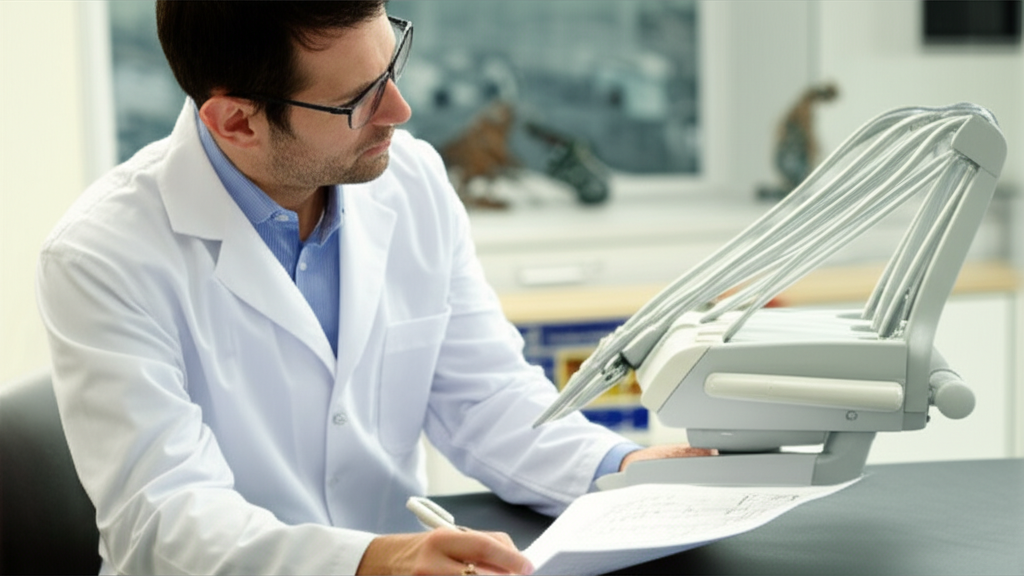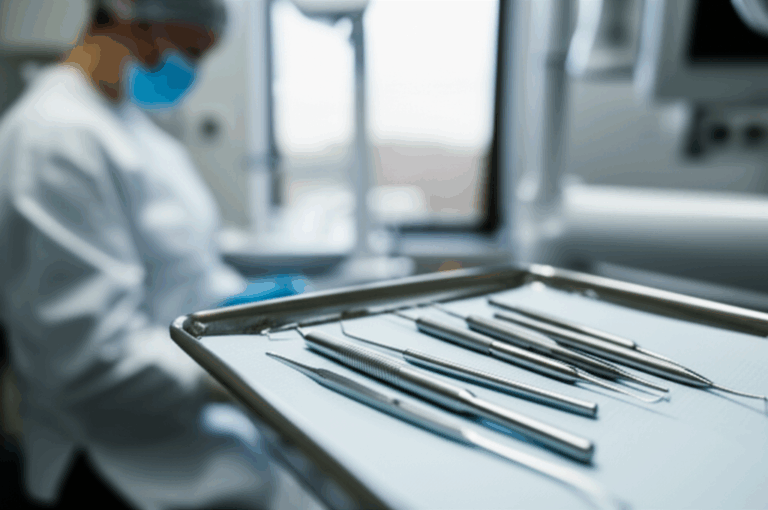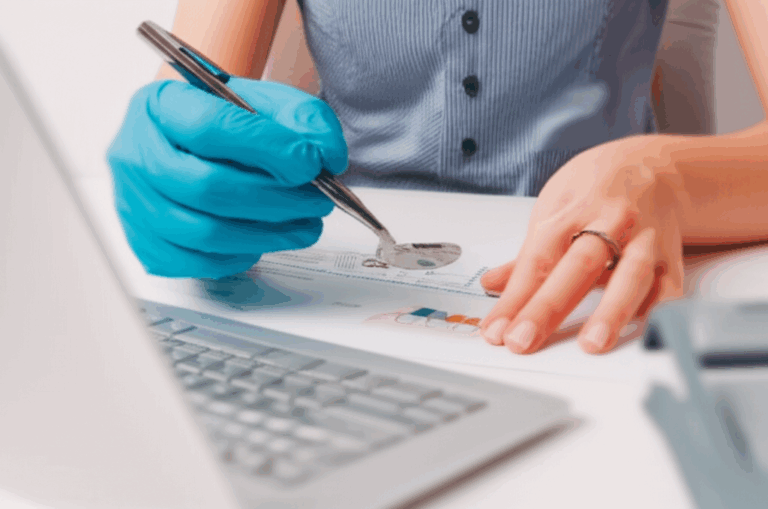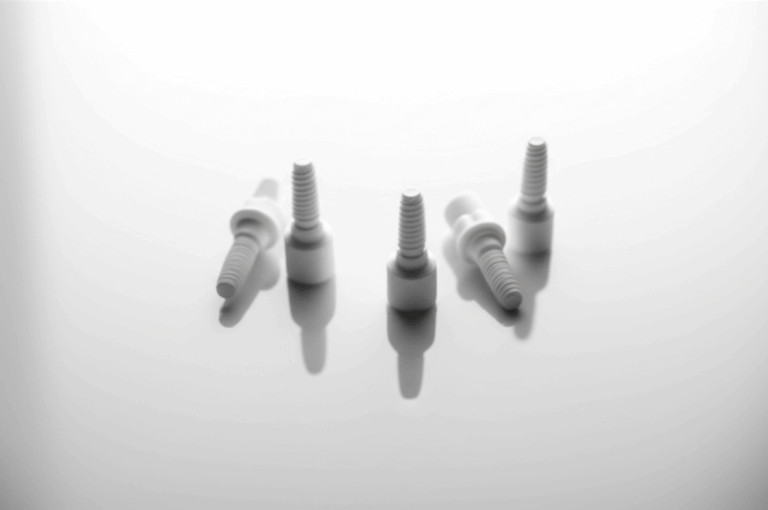
Can a Dental Technician Open a Dental Clinic? Understanding the Legalities and Business Pathways
Are you a dental technician dreaming of owning your own clinic? This article explains what’s actually possible, where the lines are, and what business options you really have. Wondering if you could go from making teeth in the lab to running the whole place? Keep reading. Here’s what you need to know—in plain, simple English.
Table of Contents
Introduction: Why Should You Care About Clinic Ownership?
Let’s get right to it. A lot of dental technicians I know ask, “Can I open my own clinic? Can I see patients myself?” I get why. Running your own business sounds fun. You’d get more freedom, maybe make more money, and help people face-to-face.
But don’t just quit your lab job or go rent a fancy office yet. The rules for owning a dental clinic, doing patient care, and growing your business are different for a dental technician, a dentist, and a denturist.
Knowing the facts now can save you lots of time, money, and headaches later. Let’s look at what the law says, what skills matter, and what real options you’ve got.
What is the Real Difference Between a Dental Technician, Dentist, and Denturist?
Think of three friends: Alex, Betty, and Chris. Each works in dental care, but their jobs are pretty different.
- Alex is a Dental Technician: Alex works in a dental lab. He makes crowns, bridges, dentures, and all sorts of dental parts. He doesn’t see patients. A dentist sends instructions or a mold, and Alex makes what’s needed.
- Education: Most dental techs like Alex do a 1-2 year trade program.
- Work: He designs and makes dental parts, but always from a dentist’s order.
- Betty is a Dentist: Betty is in charge. She checks out patients, finds problems, makes treatment plans, does fillings, pulls teeth, and gives medicine.
- Education: It’s a long road—4 years of college and 4 more at dental school.
- Work: Everything for mouth health, from simple cleanings to surgeries.
- Chris is a Denturist: Chris started as a dental technician but went back to school. Now Chris works right with patients who need dentures. He can make, fit, and fix removable teeth.
- Education: A separate 2-3 year program after being a dental tech.
- Work: He can take impressions, build, fit, and repair dentures himself (in places where it’s legal).
Remember: Only dentists and (sometimes) denturists can see patients on their own for most treatments. Dental technicians, even great ones, mostly work in labs—not face-to-face with people.
Why Aren’t Dental Technicians Allowed to Run a Dental Clinic?
This is the problem: Dental technicians can make amazing teeth and dental parts. But the law just doesn’t let them open or run their own dental clinics in almost every country.
Why is this? Here’s why.
- Rules on What Work You Can Do: Every dental job has rules—called the “scope of practice.” A dental tech’s job is to make stuff. They can’t tell you what’s wrong, decide how to fix it, or treat you when things go wrong.
- Licenses and Schooling: To run a dental clinic, you have to get a license. That means you passed the dental board or other group, and you’re legally allowed to take care of patients.
- Patient Safety: It’s for safety. Only people with the right medical training should do treatments or say what you need. This stops mistakes that could hurt you.
- Legal Trouble: Doing what you’re not allowed—like running a clinic as a dental tech—can bring big fines, losing your license, or even jail in some places.
It might not feel fair. You know your job. But think—would you get on a plane with a driver holding only a car license? Of course not.
Dental Technicians: What You Can Own and Operate
Here’s some good news if you want to be your own boss.
You CAN own:
- A Dental Lab: This is your main spot. Many dental technicians own busy labs. You work for dentists and clinics, not regular people.
- Make crowns, bridges, wires, and more.
- Pick a special area—maybe become the best dental ceramics lab or start a high-tech digital dental lab.
- The business is B2B—business to business.
- Special Repair Services: In some areas you can set up a mobile denture repair shop, but usually only if you’ve got a dentist’s order.
- Invest or Help Run Other Businesses: Dental techs can invest in certain dental companies or be managers, but you can’t do patient care or run patient services without the right licenses.
Want to know what dental labs can do? See this guide to starting a china dental lab.
Who is a Denturist, and Why Does That Matter?
Here’s a real answer to the clinic dream: Become a denturist.
What’s a denturist? Think of a denturist as halfway between the lab and the dental office. These folks:
- Work on removable teeth—mainly dentures.
- Work face-to-face with people, taking impressions, fitting dentures, making changes, and doing fixes.
How do you become one?
- Usually, you start out as a dental tech, then go to a denturist school (another 2-3 years).
- You need to pass a test from your state or province.
- Only some places allow denturists—always check your local rules.
Opening a Clinic: A denturist can own a “denture clinic,” helping people who need new teeth, fixes, or adjustments—but NOT doing checkups, pulling teeth, or fillings.
Tip: Want to stay in the removable teeth world? Check out businesses like a removable dentures lab.
Can a Dental Technician Ever Work Directly With Patients?
This is what a lot of people ask: Can dental techs work right with people?
For almost all, the answer is no—unless your area allows it, and even then it’s for very basic things.
Here’s the breakdown:
- Dentists: Do checkups, find problems, take impressions, and do treatments.
- Denturists: Work with people for dentures and similar things (where they’re legal).
- Dental Technicians: Mostly work in a lab. Sometimes they’ll see a patient just to match a tooth color or get a mold, but only if a dentist is in charge.
There Are a Few Cases!
- Some places allow you to drive around and repair dentures for people who can’t leave home.
- Even then, you can’t make a whole new denture, check for mouth issues, or tell people what kind of treatment they should have.
It may not be what you want, but it keeps people safe.
How Can Dental Technicians Grow Their Business or Career?
Feeling stuck in the lab? No worries—there are ways to move up.
Go Back to School:
- Train to be a denturist.
- Go to dental school and become a dentist.
Grow Your Business:
- Pick a specialty. Be great at dental ceramics, crown and bridge work, or new tech like zirconia. Getting known for something really helps.
- Buy new gear—try digital scanners or get into 3D printing for a modern 3d dental lab.
- Make friends with dentists who need your best work for special cases.
Partners:
- Team up with a dentist as a manager or business partner.
- You can co-own a business in some places, but clinical work must be done by licensed staff.
What Rules and Paperwork Apply to Dental Businesses?
Running a lab or denture business means following lots of rules.
What You Need:
- Business License: Every dental company must register with the local city or area.
- Safety Rules: Make sure you follow work safety and cleaning rules (like OSHA in the USA).
- Privacy Law: In the US, HIPAA means you must keep patient info private.
- Insurance: If you’re doing patient care, you need insurance in case something goes wrong. All businesses need normal insurance too.
Here’s a quick table:
| Role | Work with Patients? | Clinic Ownership? | Main Work |
|---|---|---|---|
| Dental Technician | No | Dental Lab Only | Crowns, bridges, etc. for dentists |
| Denturist | Yes (for dentures) | Yes—But Only Dentures | Denture clinics |
| Dentist | Yes (everything) | Yes—Full Service Clinic | All dental treatments |
Are There Success Stories for Lab Owners and Denturists?
I’ve met lots of techs who’ve built great jobs without seeing patients.
- John runs a digital dental lab with a team making crowns and bridges for 30 nearby offices.
- Sarah was a dental tech, then trained as a denturist. Now she has her own denture clinic and helps seniors get their smiles back.
Both paths take work and maybe more classes, but bring real pride. If you love working with your hands, fixing problems, and being part of happy smiles, owning a lab or becoming a denturist may be perfect.
Conclusion: Your Pathways as a Dental Technician
Let’s sum it up:
- You can’t open a general dental clinic as a dental technician in most places.
- But you CAN run a dental lab, become a denturist, keep learning, or partner up with others.
- Check your local laws, compare next steps, and see where your skills fit best.
If you’re not sure, talk to your state or regional dental board for up-to-date info.
Summary: Key Points to Remember
- Dental techs make dental parts but can’t work straight with patients or own regular dental clinics.
- You can run a dental lab—that’s your main business choice.
- To work with patients, try becoming a denturist (you’ll need more school and a license, and it’s not legal everywhere).
- Dentists can own clinics, see patients, and treat people the widest way.
- Any dental business needs the right papers, insurance, and safety practices.
Want more details? See how modern labs work by checking a top digital dental lab.
If you’re a dental tech with big dreams, don’t give up. Lots of paths are open for hands-on, smart workers like you. Just make sure you’re on the right track.
FAQ
Q: Can a dental technician buy an existing dental practice?
A: Not for clinics that treat patients. You can buy a dental lab or have shares in a dental company, but direct patient work needs a dentist or denturist license.
Q: What’s the main difference between a dental lab and a dental clinic?
A: Labs make things for dentists; clinics treat patients directly. One is business-to-business, one is to the public.
Q: Are the laws the same everywhere?
A: No, rules can be different in each country or state. Always check local dental rules.
Q: What’s the first thing to do if I want to treat patients?
A: Look up local denturist or dental schools.
Q: What’s a fast-growing area in dental labs now?
A: Digital dentures and 3D printing are getting big and can help your lab grow.
Quick Takeaways
- Owning a dental clinic as a tech? Usually not allowed.
- Dental labs are a solid business—think B2B services.
- Denturist? That’s one way to work closer to patients, if you get the training.
- Always know your local dental laws before jumping in.
- Protect your business with good licenses, insurance, and safety steps.
Ready to begin? Learn your local dental rules and talk to successful lab owners for tips. Your next adventure might start today!








